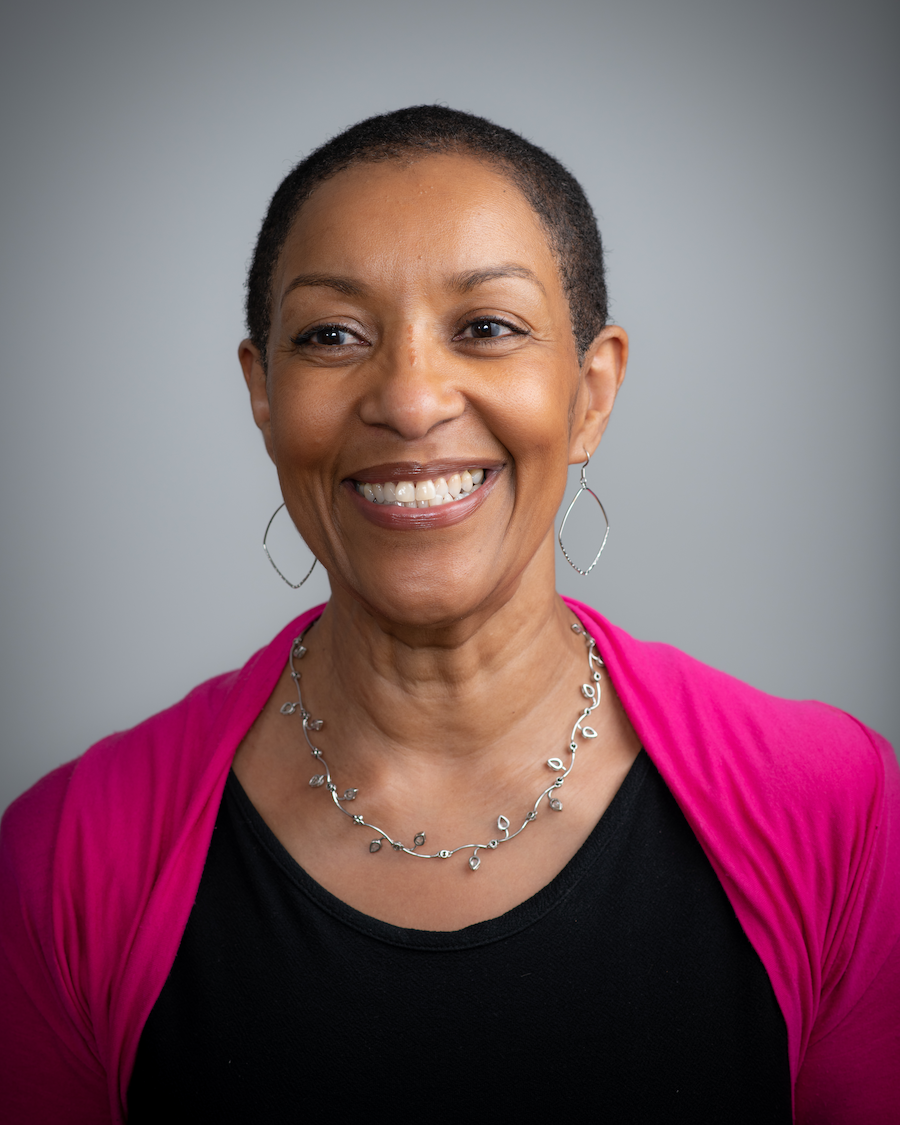With the festive holiday break, children and parents are likely to spend more time together during December.
This can be a fantastic time to bond, share and have deep conservations with parents and children alike.
However, this time of year can cause tension and family arguments.
So much so, that one in five young adults believes a row at Christmas is very likely while one in four say it’s fairly likely.
If you’re feeling nervous about how conversations with your kids will go, then you are not alone.
A survey has found that:
- 70% of parents say they struggle to communicate meaningfully with their kids
- 82% believe their children avoid talking to them
- 78% feel sad that they’re being shut out of their child’s life
So, this festive season, what can you do if you want conversations to run smoothly and help kids open up?
Here are three top coach-approved tips for fostering positive conversations between parents, carers and children.
Three Ways To Improve Parent-Child Conversations
1. Find The Right Times (For Both Of You)
Everyone’s energy levels are different. Some people are morning people; some come to life in the evening.
Some find it easier to talk when they’re high energy; others will open up more when they feel relaxed.
It is essential to understand the natural times for both you and your child to foster the best conversations.
It is easy to go for a conversation as soon as your child is ready.
However, if you’re not in the right frame of mind, it won’t be productive.
Instead, look for clues on the best times for openness (for both of you) and try to gauge the best way to talk.
Some may need questions to talk.
For others, a question may feel interrogatory.
Before launching into deep conservations, spend some time listening and learning the cues for conversational styles.
2. Use Stories Not Comparisons
When parents tell stories, it’s like letting their child into a secret.
So often, parents focus on the here and now; it can be hard for kids and teens to compute that their parents were young too and may have gone through similar situations.
Telling stories, ideally with positive points, opens up the dialogue.
You may find that your story is interrupted by their story as something you say triggers a memory.
It is crucial to ensure your story doesn’t come across as condescending to the child’s experience.
‘In my day…’ stories can give a negative perception of current times.
You don’t want your stories to come across that things are easier now or that things were better then.
Stories shouldn’t come across as a comparison or competition – just an exchange of getting to know each other.
If you can help your child to use stories, even better.
You can do this by asking action related questions, such as; ‘and what did they say?’ ‘what happened next?’ and ‘how did that make you feel?’.
These questions are great for showing how interested you are in them.
It also builds their emotional literacy too.
3. Mind The Gaps
The best conversations can often happen in the snatched moments between activities.
We often think the most open conservation are sat around the family table, but this can feel uncomfortable for many people.
Instead, the gold often lies in the little moments, especially those times when you’re side-by-side rather than face-to-face.
Perhaps when washing and drying the dishes together, baking or walking.
So, instead of building up for conversations to be a Big Deal, look for the little nuggets and moments where the conversation happens naturally, easily and without pressure or force.
Need Another Nudge?
If conversations are still a challenge, there may be something bigger going on.
If so, coaching can be a fantastic way to help kids and young adults to open up and communicate.
If you’d like more support, Flourished Minds is here to help.
Let’s chat to see how we can help by booking your free consultation here.

